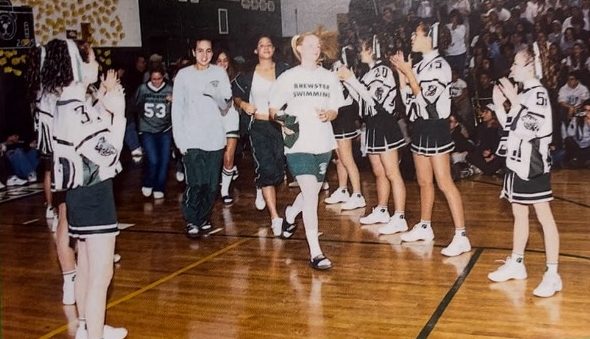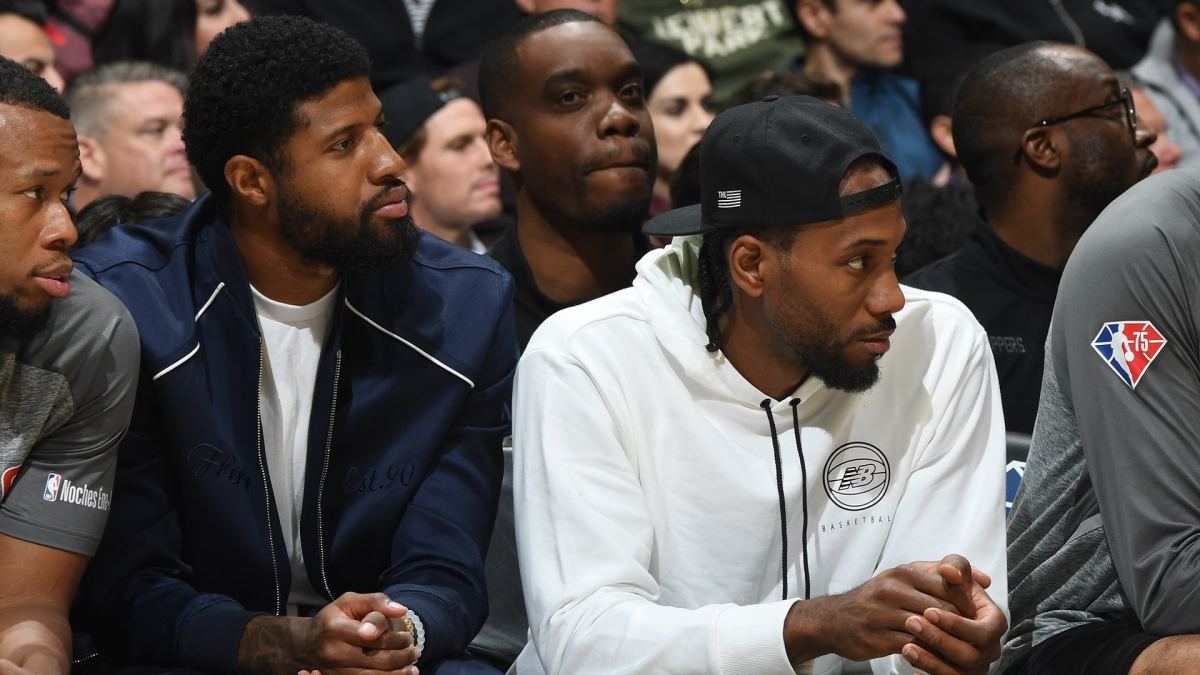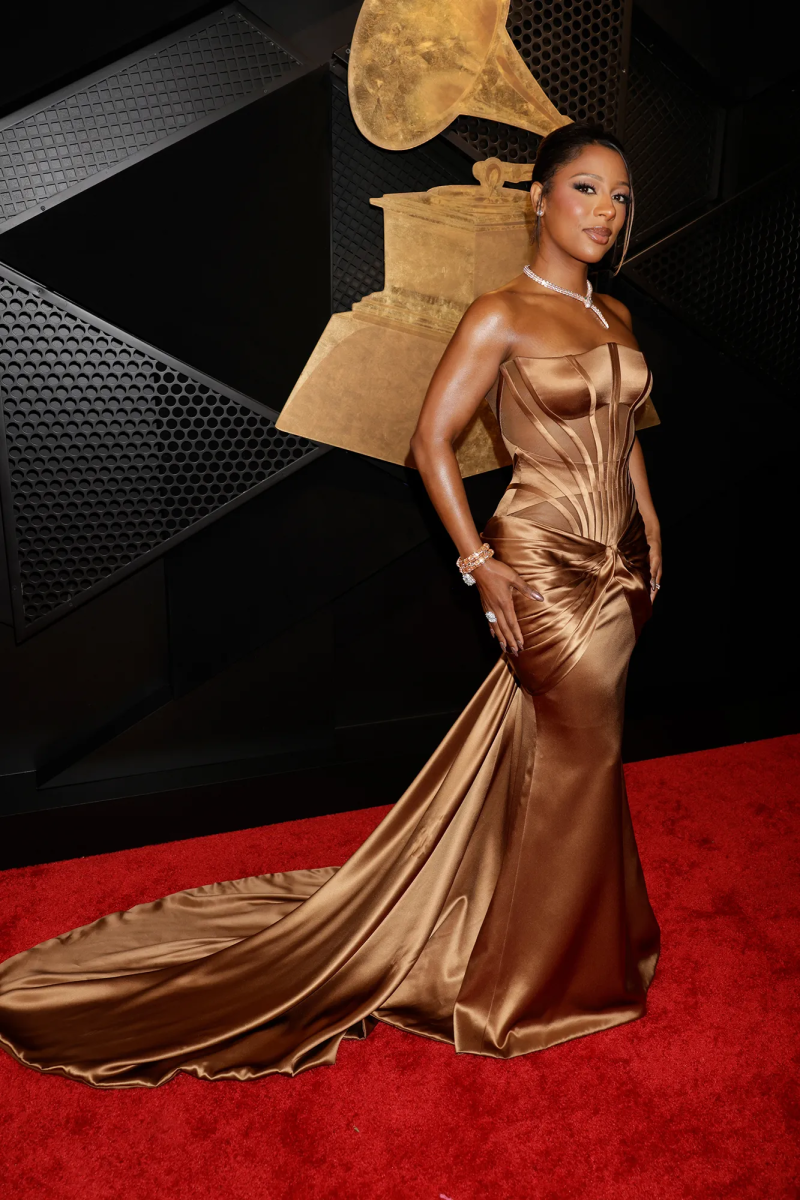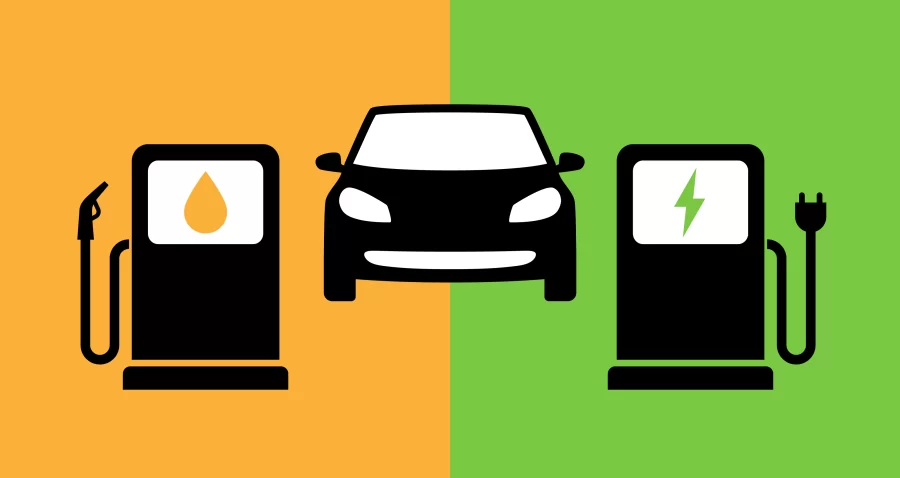Have you ever seen a TikTok video on a topic you know nothing about? The person on the screen is talking in a confident tone about a social injustice, one you have absolutely no knowledge of. Have you ever watched a news broadcaster discuss an event that you have never heard of? They are covering a foreign conflict and providing a certain perspective based on information you have never heard before. How are you supposed to fact-check these sources if you never knew the conflict or social injustice was happening? You could do your own research, but for most of us, the simple answer is that you do not. The information being spewed at you through the small dimensions of your phone is taken at face value without the benefit of critical evaluation. You hear a person with a platform talking in an assertive tone, and you let that information affect your own personal opinion. You subconsciously take that video with you, and it influences your opinion, even if you do not necessarily believe it.
Recent examples of public opinion being influenced by social media include “cancel culture,” political elections, racial tension, and geopolitical events around the world. Every day, more and more topics seem to be reported through different lenses and different forms of media, especially with social media, facts, opinions, rumors, and falsehoods spread instantly. There are thousands, if not millions, of opinions on social media on countless topics floating around for our consumption, and as a society, we have become less patient and less thoughtful. We have become quicker to pass snap judgments despite having incomplete knowledge of the subject. We have become too accustomed to repeating what we have heard in a 30-second videos at face value. When someone speaks out about an issue, they speak about their own personal feelings. They may use certain facts to back up their own personal opinions, and they only have one goal: getting their own point across. In turn, we are only understanding one person’s view on a complex issue. We hear what this person has to say and we assume that this represents the opinion of the masses. We then form opinions based on these sound bites without having evaluated all sides of an issue.
There are many methods these media outlets employ to garner our belief, to make their argument as strong as possible, and to try and influence countless opinions. These methods include video, audio, and images relating to the topic at hand. These short snippets of coverage influence public opinion; however, these snippets are often presented out of context. Opinions may be altered if these snippets are presented in the broader context of a given event. While these pieces of media may be powerful and elicit an immediate reaction, it is important to do our own research to validate what we see and hear. Consider what you have learned on social media, but still make it a point to come to your own conclusions and not simply adopt the opinions of others.
While there are benefits to social media, there is also a dangerous downside to the platform. Social media has made it much easier for everyone to immediately share information and voice their own feelings about world events. People from everywhere in the world can publish their thoughts and opinions on various topics with the click of a button. This makes many different opinions accessible to us, which in turn leads to our own opinions being heavily influenced by the videos that appear on our screens and the thoughts of others.
We should always make it a priority to form our own opinions, separate from what we see on our screens. It is important to form an opinion based on verified facts and what we truly believe, as opposed to letting ourselves be influenced by others. We should remember to use the skills that we have learned as students to critically evaluate the information that we are presented with through social media. Does it make sense based on what we know to be true, and can these views be supported by other information we have access to? Are there other sides of an issue that need to be considered in order to develop a fully informed opinion? Are these views consistent with my personal beliefs?
With all of the media that we have access to with the touch of a few buttons, it is naive to think that we can tune everything out and not let it impact us. While this is not about letting it impact us, this is about being able to form our own opinions despite this influence. Consume the media that you want to, but when the time comes to take a stance on an issue, make sure that is your own personal stance, not one of anyone else.
If we critically evaluate what we are exposed to on social media, we will not only have a clearer sense of our personal beliefs and who we are, but we will also be a voice of reason in a time when extremist views have captured headlines and inflamed public opinion.














































































































































































